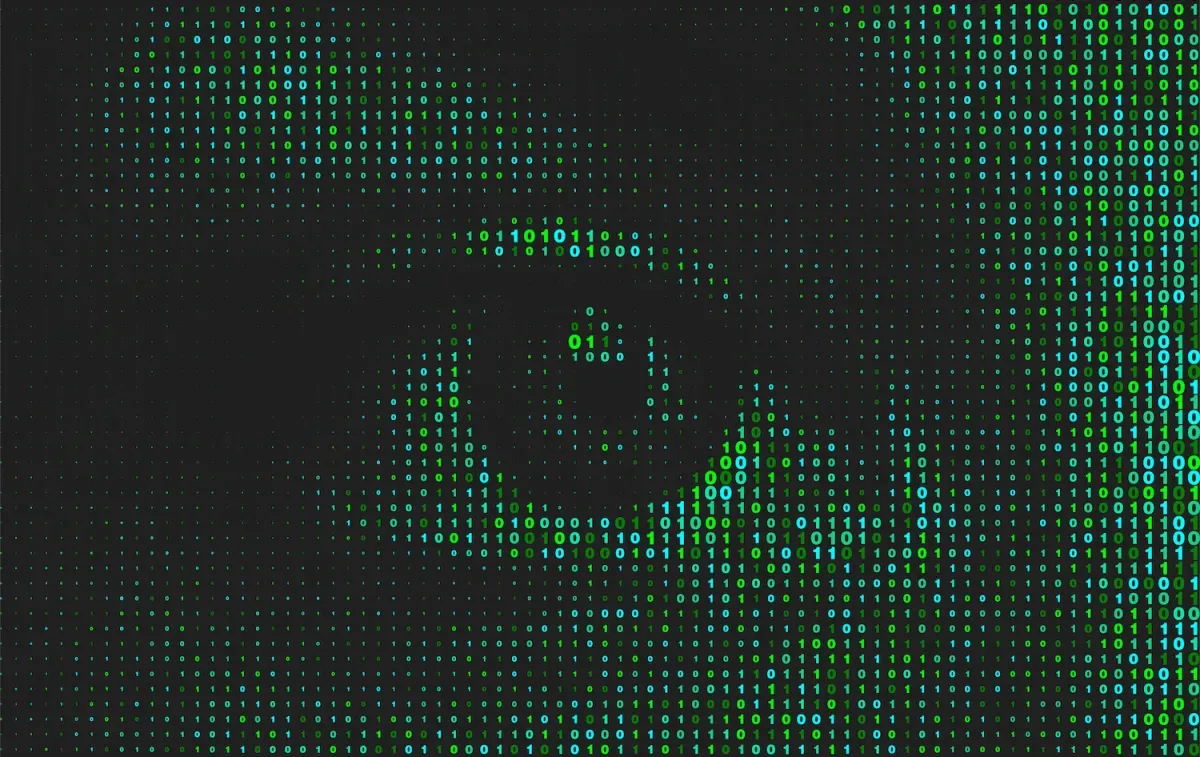OpenAI security overhaul intensifies amid global AI competition
OpenAI has significantly ramped up its internal defenses to guard against both corporate espionage and internal leaks. The OpenAI security overhaul reportedly gained urgency after Chinese startup DeepSeek released a rival model in early 2025, which OpenAI claims was developed using unauthorized “distillation” methods. This sparked a major tightening of policies, targeting both physical and digital access points. As global AI competition heats up, OpenAI is taking no chances in protecting its next-generation technologies.
Image Credits:cundra / Getty Images
OpenAI security overhaul includes strict access controls
One of the core pillars of the OpenAI security overhaul is the introduction of tighter access controls. The company has implemented “information tenting,” a practice that ensures only vetted employees can access or discuss certain projects. During the development of the o1 model, for example, only cleared personnel could talk about the work—even within shared office spaces. This measure minimizes internal leaks and helps compartmentalize highly sensitive operations, a method often used in government-grade secrecy environments.
Biometric locks and offline systems protect OpenAI's core tech
Beyond limiting discussions, OpenAI now secures its proprietary tools and models in offline systems to prevent unauthorized digital access. The company has introduced biometric fingerprint scanners to regulate entry into sensitive zones and maintains a “deny-by-default” policy for internet access, meaning employees need special clearance for any outbound connections. These layers of physical and network security are designed to prevent both insider threats and external breaches.
Why the OpenAI security overhaul matters now
The timing of this OpenAI security overhaul isn’t coincidental. As geopolitical tensions rise and AI leadership becomes a strategic national interest, safeguarding AI breakthroughs is more than a corporate concern—it’s a national priority. With rivals at home and abroad aggressively hiring top talent and reverse-engineering models, OpenAI’s new measures reflect a wider shift in how tech companies protect their crown jewels. And with frequent leaks and CEO Sam Altman’s offhand remarks making headlines, internal trust and external defense are now tightly intertwined.


